Marsilio Ficino:
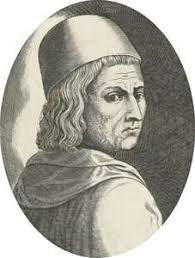
Due to the precession of the equinoxes we are entering the age of Aquarius.
Many astrologers believe it is a time of openness and humanism. Partly we can foresee some development regarding ideas, since Aquarius is an air sign. But such ideas will not always, especially in Aquarius, dealing with fair ideals.
We can´t forget that Aquarius is ruled by the great malefic, Saturn, which, being a day planet, is happier in Aquarius than in Capricorn, which it also rules.
Thus, keeping with the traditional view, not only Aquarius opposes Leo, but their respective rulers, Saturn and Sun, also do so.
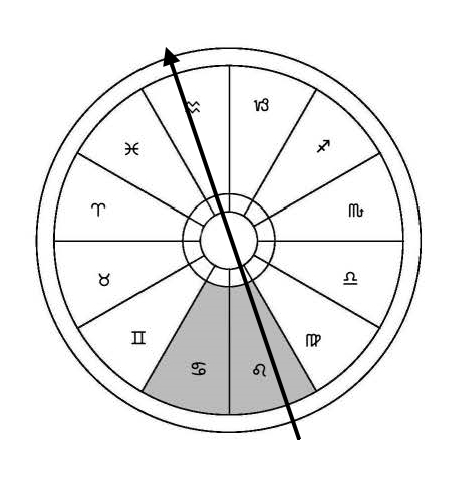
The Sun is the daytime luminary, so we can expect a darker time linked to this opposition, as soon as Aquarius will rule the time.
One thing to keep in mind is that many astrologers identify signs with houses, which is a mistake and confuses things.
The signs refer to the position of the constellations in the sky. But houses are the most terrestrial phenomenon that exists as it is experienced as the change between day and night and the several hours over a period of a day.
Meanwhile, the constellations remain unchanged. It is the earth that changes, offering every two hours a different position in the east.
The fact that we observe, let´s say, the sign of Aries at dawn during the fall in the southern hemisphere, does not mean that dawn or the 1st house has to do with Aries, since in another latitude and longitude Libra, or any other constellation / sign, can be seen.
Much of what is thought about Aquarius relates to the fact that in the standard zodiac, which has Aries as its beginning, Aquarius appears in the 11th house, which in fact is a positive house, connected with fraternity and hope, and where Jupiter has its joy.
However, Jupiter rejoices in the 11th house, whatever sign appears there and not necessarily in Aquarius. Therefore, there is a huge difference between signs and houses.
Another thing to take into account is that the signs or constellations have their own proper characteristics:
As for the mode they can be fixed, common and mutable. The fixed signs keep things as they are. The common signs start things up and the mutable signs act sometimes in one way, sometimes in another.
As for the gender, the signs can be feminine and masculine. Feminine signs are centripetal, they hope, masculine signs are centrifugal, they seek.
As for its elemental nature the signs are divided in earth, water, fire and air. Earth signs wait for material security, water signs wait for being loved, air signs seek freedom of ideas and fire signs seek freedom of action.
In relation to Aquarius, object of our study, it is a masculine sign of air and is a fixed sign.
Male signs tend to be active and go after things. Air signs, which are masculine, tend to seek freedom of ideas and fixed signs tend to immutability.
We note here a kind of internal conflict in Aquarius because its immutability restricts the action to which Aquarius is prone. We can say that it is a sign that has a conflict in itself.
Leo is also fixed, but it is a sign of fire, but the Sun, its ruler, changes its sign much faster than Saturn, and Leo, having the Sun as its ruler can see the action needed being executed by others when its majesty, Leo, keep resting.
Aquarius is trapped in its freedom of ideas, and even if Saturn is in a masculine sign of action, Saturn is a slow planet, the slowest of all, which always suggests delays and melancholy.
Aquarius strives for freedom of ideas but cannot act in that direction because it is subject to its mode, which reflects immutability.
However, despite these more general characteristics, signs manifest themselves through their rulers, and it is then that we individualize a chart, be it mundane, personal, elective or horary.
In this case, there are specific rules and techniques for each of these kinds of astrology.
In a certain internet discussion of world astrology, someone told that the Aquarian age would bring “hopes” to mankind. I can´t agree, because Aquarius is ruled by the malefic Saturn and in the Thema Mundi it occupies the 8th house, a malefic house. Thinking about these matters we came across Marsilio Ficino´s chart. This man was a Renaissance´s astrologer, philosopher, translator, poet and physician.
At that time I was not aware of the chart, but got interested in the fact that this native, who wrote “Three books on Life”, “Soul Meditations,” and about the nature of love, had Aquarius on the Ascendant with Saturn!
I began to read his biography and to analyze his chart, in order to understand the meaning of Aquarius and his ruler being in the ascendant creating a prodigal author and a transmitter of ideas.
Much is said about Marsilio Ficino’s life, but very few is know of him in truly personal terms, for example if he was happy or unhappy person, if he had any love, how well he got along with people, etc.
About these matters we have nothing. His life, according to Wikipedia and other sites, quoted in the end ot this article , boils down only to his intellectual output, his intelligence, and the protection of the Medici´s. There are no books in any language, not even in Italian, narrating his personal biography. We have a lot about his writings, though.
First I will show his chart, obtained by Astrodatabank and considered as AA, that is, the time was reliable. Next I will write his biography as it is found on numerous websites, and then I will outline the chart, emphasizing the rising Aquarius sign.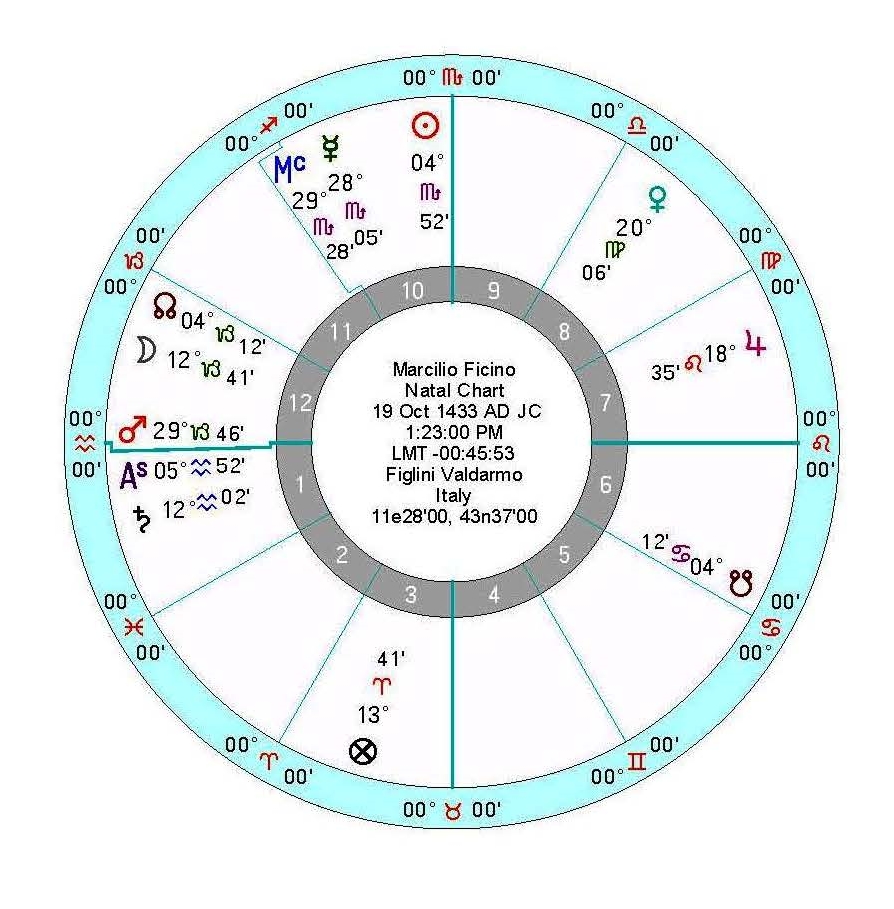
Marsilio Ficino was born in Figline Valdarno, in October, 19, 1433 and died in Careggi, Florence, in 1st of October 1499
He was an Italian scholar and Catholic priest who was one of the most influential humanist philosophers of the early Italian Renaissance. He was an astrologer, a reviver of Neoplatonism in touch with the major academics of his day and the first translator of Plato‘s complete extant works into Latin. His Florentine Academy, an attempt to revive Plato’s Academy, influenced the direction and tenor of the Italian Renaissance and the development of European philosophy.
His father Diotifeci d’Agnolo was a physician under the patronage of Cosimo de’ Medici, who took the young man into his household and became the lifelong patron of Marsilio, who was made tutor to his grandson, Lorenzo de’ Medici. Giovanni Pico della Mirandola, the Italian humanist philosopher and scholar was another of his students.
When Cosimo decided to refound Plato’s Academy at Florence he chose Ficino as its head. In 1462, Cosimo supplied Ficino with Greek manuscripts of Plato’s work, whereupon Ficino started translating the entire corpus to Latin. Ficino also produced a translation of a collection of Hellenistic Greek documents found by Leonardo da Pistoia later called Hermetica, and the writings of many of the Neoplatonists, including Porphyry, Iamblichus and Plotinus.
A physician and a vegetarian, Ficino became a priest in 1473.
In 1474 Ficino completed his treatise on the immortality of the soul, Theologia Platonica de immortalitate animae (Platonic Theology). In the rush of enthusiasm for every rediscovery from Antiquity, he exhibited a great interest in the arts of astrology, which landed him in trouble with the Roman Catholic Church. In 1489 he was accused of magic before Pope Innocent VIII and needed strong defense to preserve him from the condemnation of heresy.
Probably due to early influences from his father Diotifeci, who was a doctor to Cosimo de’ Medici, Ficino published Latin and Italian treatises on medical subjects as De vita libri tres (Three books on life). His medical works exerted considerable influence on Renaissance physicians such as Paracelsus, with whom he shared the perception on the unity of the micro- and macrocosmos, and their interactions. Those works, which were very popular at the time, dealt with astrological and alchemical concepts. Thus Ficino came under the suspicion of heresy again; especially after the publication of the third book in 1489, which contained specific instructions on healthful living.
Ficino introduced the term and concept of “platonic love” in the West developed all along his work, mainly his famous De amore. He also practiced this love metaphysic with Giovanni Cavalcanti, whom he made the principal character in his commentary on the Convivio, and to whom he wrote ardent love letters in Latin that were published in his Epistulae in 1492; there are also numerous other indications to suggest that Ficino’s erotic impulses were directed exclusively towards men. His Latin translations of Plato’s texts put into practice the theories of anti-homosexuality in his Convivium.
With the death of Lorenzo of Medici, in 1492, the political balance between Florence and the other Italian states was broken. This was followed by a bloody period of war and invasion.
The decline of the Medici will have a negative influence on Ficino’s life. The Academy’s activities have been extinguished and its thinking is harshly criticized by the powerful cleric Girolamo Savonarola, against whom Ficino will write an Apology in 1498.
Disgusted, the philosopher retires, dying in his house of Careggi in 1499.
Again:
As we see, it is a chart whose ascendant is Aquarius. The native’s primary motivation is to pursue intellectual freedom. As Aquarius is a fixed sign, it persists in this goal, but has little malleability in the way it is pursued. Saturn, ruler of the sign, is a masculine planet and is dignified by domicile and placed in an angle.
Possessing the ascendant´s ruler in the ascendant we see that Marsilio was primarily interested in his own goals. But they are opposed by Jupiter in Leo, which we will analyze later.
Saturn is the dispositor of the Moon and Mars. The position of the Moon is quite negative, in the sign where it has its detriment and in bad house, the 12th.
This tells us of a reclusive type of life, which is confirmed by the fact that Mars, the dispositor of Mercury, ruler of the profession and ruler of the 10th house, is also falling in 12th house.
Mercury, on the cusp of the true MC, makes a sextile with Mars in the 12th house and Mercury, as we said, is the native’s profession dispositor: he is received by Mars, which is in its exaltation in Capricorn, so he wrote about deep and serious things and we suppose that in complete solitude. This sextile between Mars, ruler of the 10th and Mercury, ruler of the native´s profession, and Mars receiving Mercury by rulership, is the reason why Ficino´s writings and deep study were very important for the native’s reputation.
The chart is diurnal and the Sun is in the 10th house: the brilliance will be obtained without the native acting, since the Sun is in a feminine and passive sign, but because of Jupiter in the 7th House in Leo. So we understand most of Ficino´s life and support: Jupiter receives the Sun by rulership.
We can clearly see the partnership with solar and wealthy persons admiring Marsilio’s studies.
Venus is the ruler of the 8th house, and is in its fall. Venus rules the 4th house, and Marsilio receives from Cosme a village to live and study. We see that a benefic dignified planet as an angular Jupiter, can turn bad things, as Venus in its fall, into not so bad, perhaps because Jupiter rules Pisces, the 2nd house of the chart. Also, the good effect is received because Venus in the 8th house is in Mercury’s sign, which is acting as a benefic. Venus in Virgo is ruler of the 9th, which explains his priesthood.
His solar partners welcome him to court and value his knowledge, but his life was lived, most of the part, behind the scenes and alone, and love was represented only through letters, because he was shy, priest and rigid, not accepting sodomy.
I do not see Marsilio as an outgoing person at all, and he seems taciturn, melancholic, and sad.
Certainly he was not a threat to the Medici, as long as he developed the translations and the intelectual labor much appreciated by Lawrence the Magnific, who admired Plato.
I imagine that Marsilio submitted to the power of Jupiter, who acted not only for him to carry out his studies, which was his primary motivation, but Jupiter opposing to Saturn required a mundane life, parties and celebrations, which were important to the Medici, but not to Marsilio, who preferred a life of closure, quietness and study.
We do not know what really happened but it is very plausible that Marsilio have had to bow his head to the powerful Church, restricting his interest in magic and alchemy, since he was once accused of necromancy.
With these thoughts I hope to have shown a life which only obtained his primary motivation doing compromises and never having the total control over his own needs and freedom, including love.
Had him a fiery ascendant, for example, he would hardly avoided quarreling in an environment filled with conflict over the power as used to happen in Florence at those days.
But the sign of Aquarius in the ascendant leads to great immutability, although Saturn, domiciled there, is masculine and leads to action, albeit very slowly.
Clélia Romano,DMA
August 2019
PS: Fort hose who want to know more of Ficino´s work I recomend the following encyclopedia https://cse.google.com/cse?cx=001101905209118093242%3Arsrjvdp2op4&ie=UTF-8&q=+Ficino&sa=Search

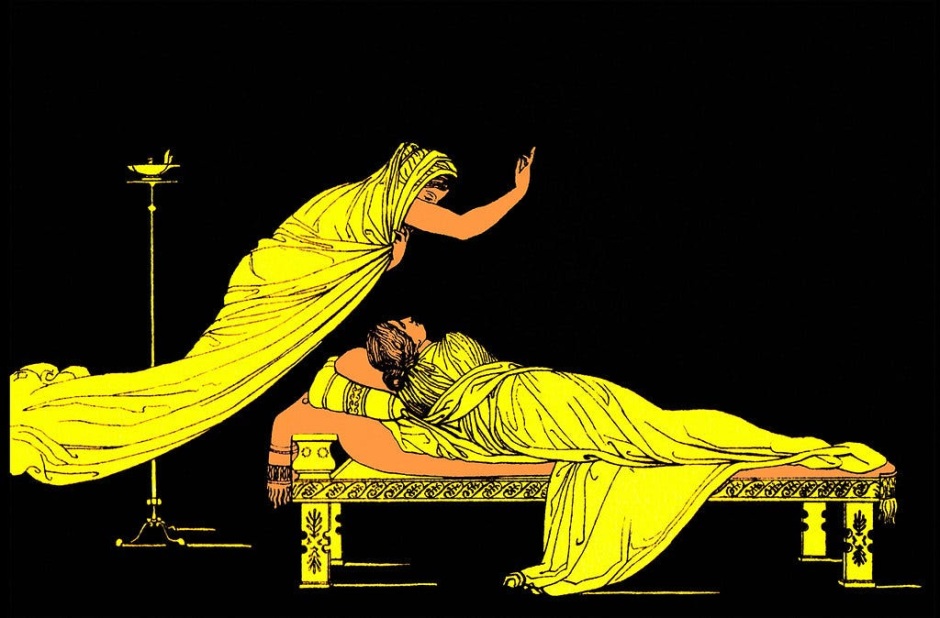
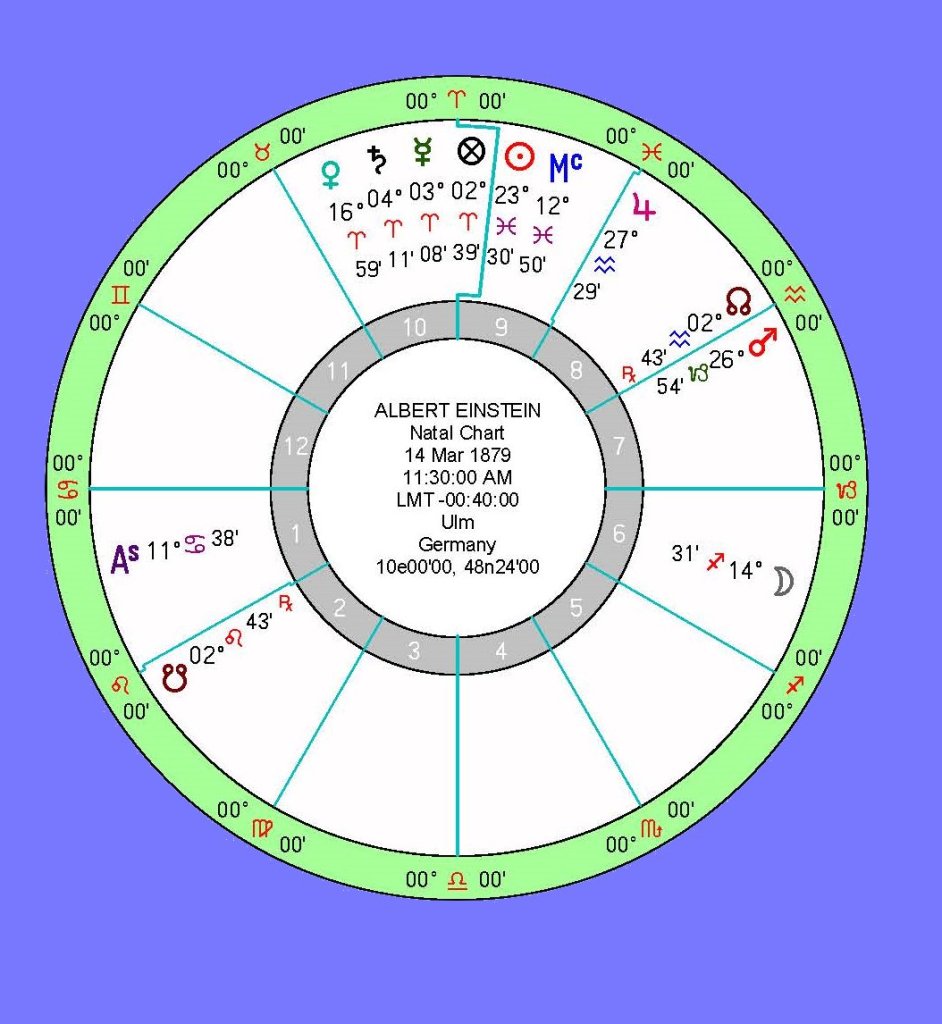
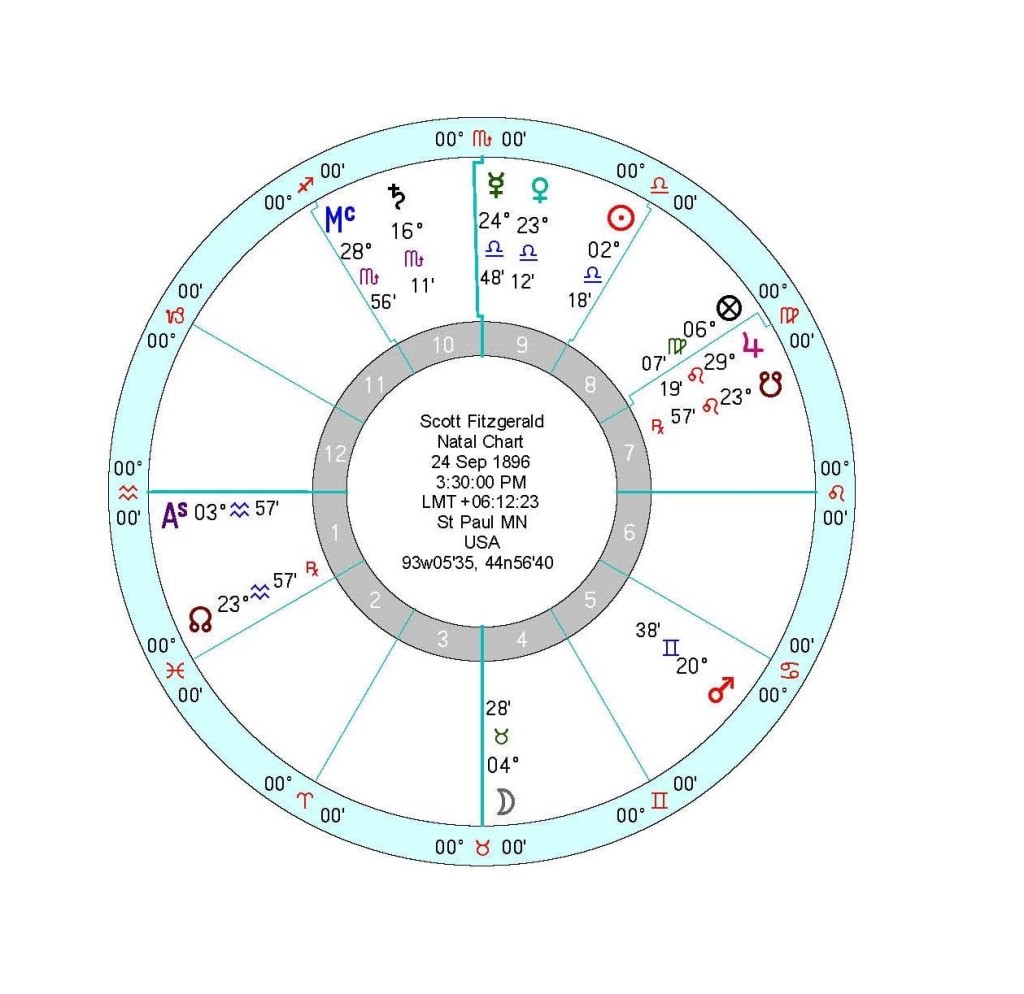
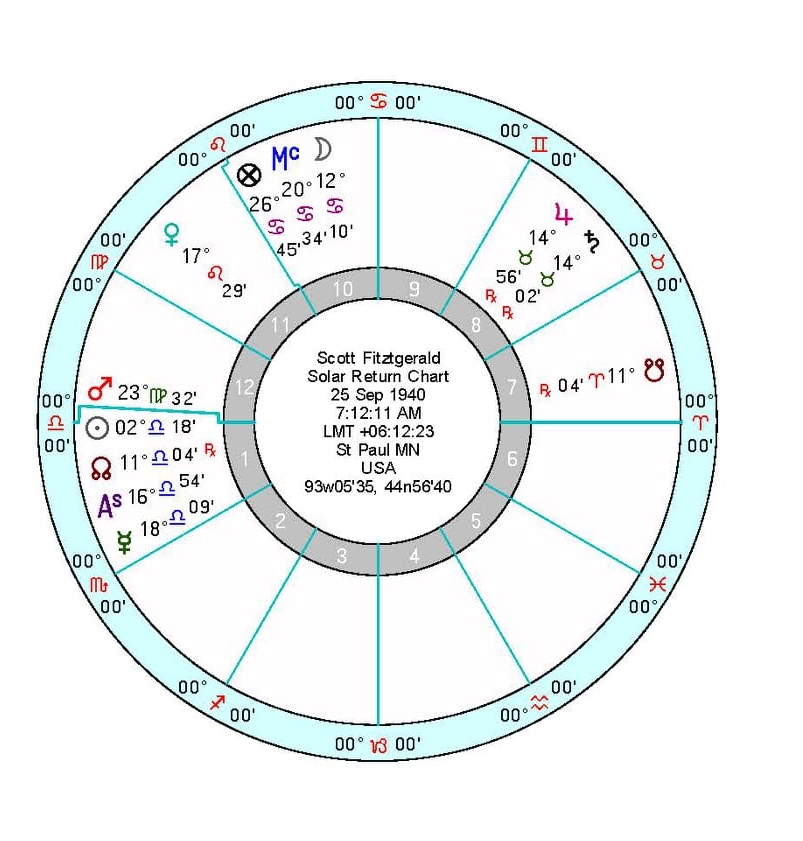









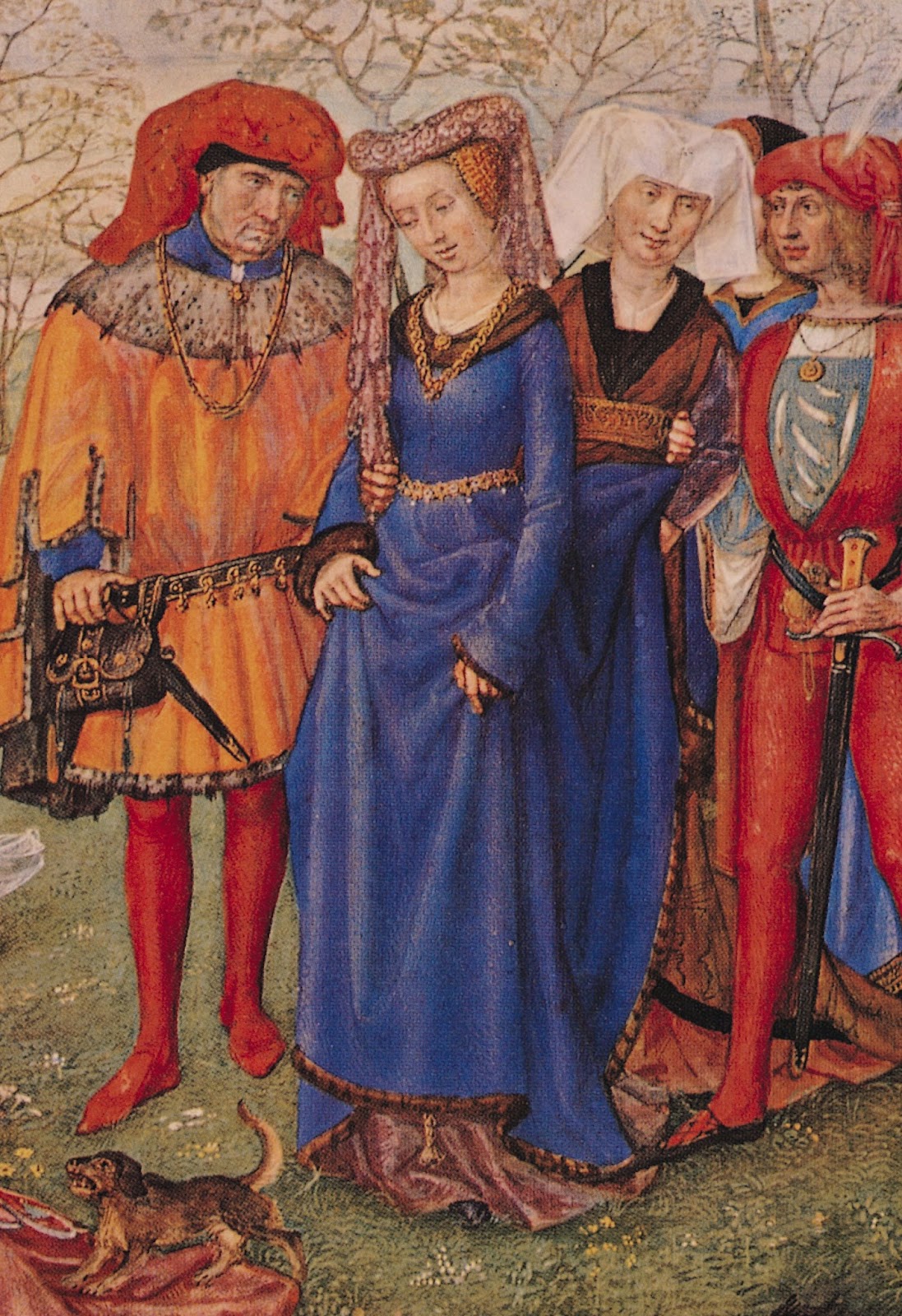 It
It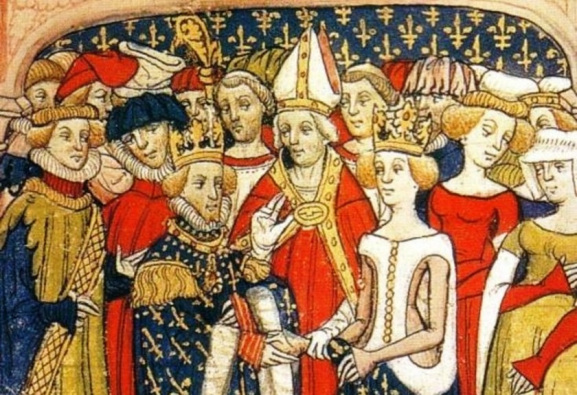
 Masters tell us that astrologers should not analyze a horary question for themselves. In the same way, they can make a mistake by creating an electional chart for themselves.
Masters tell us that astrologers should not analyze a horary question for themselves. In the same way, they can make a mistake by creating an electional chart for themselves.

